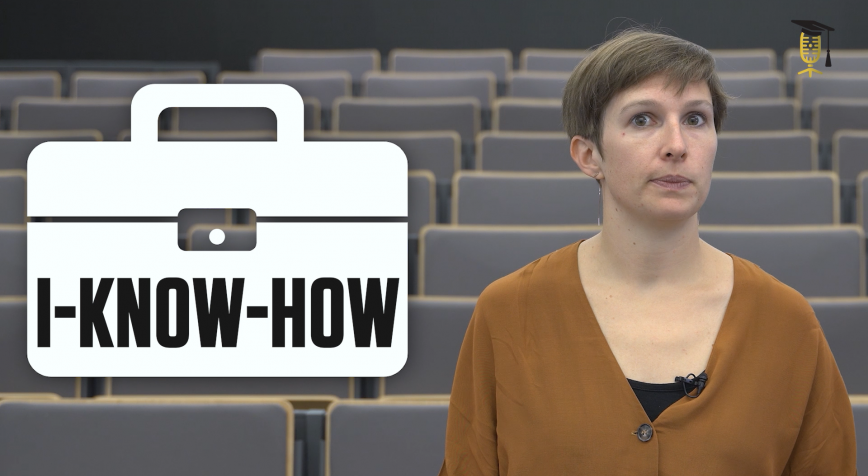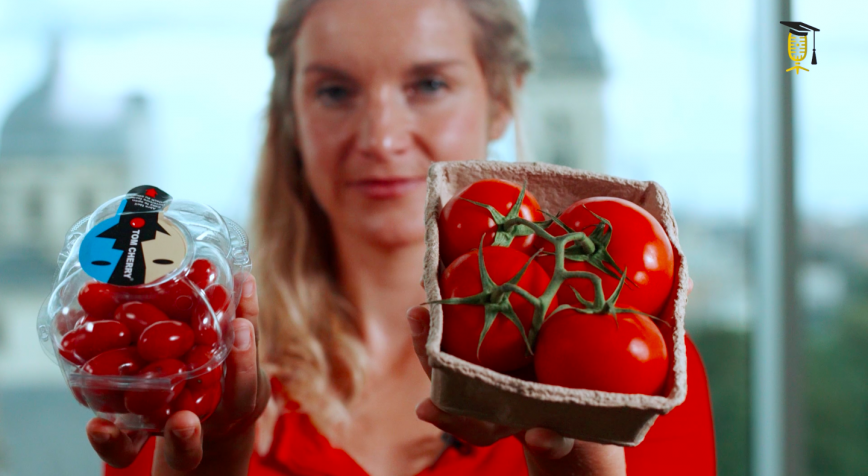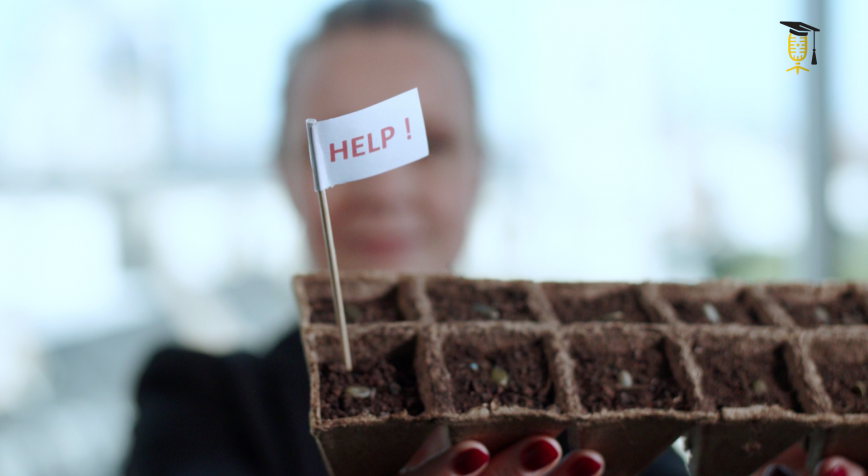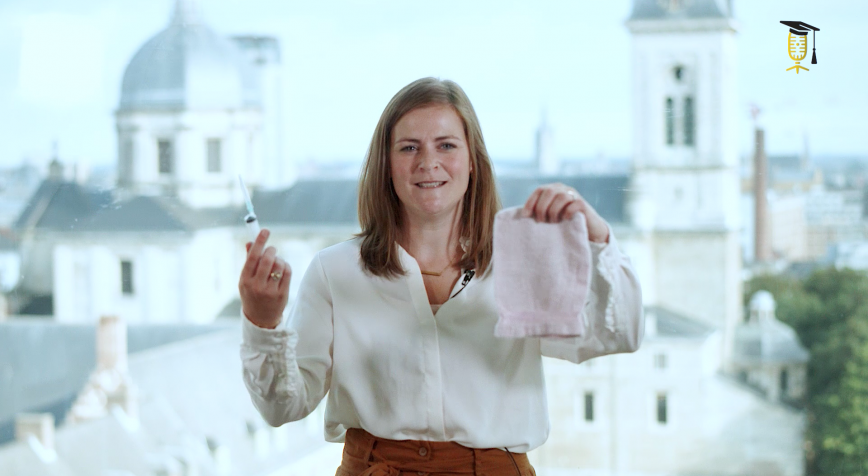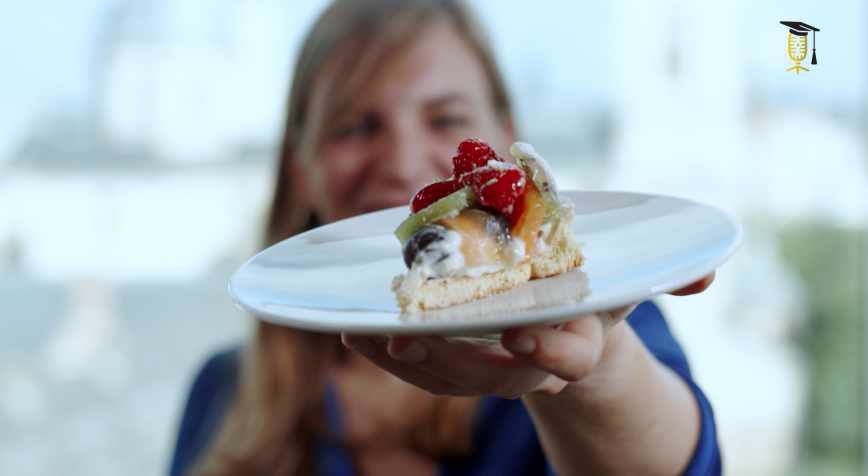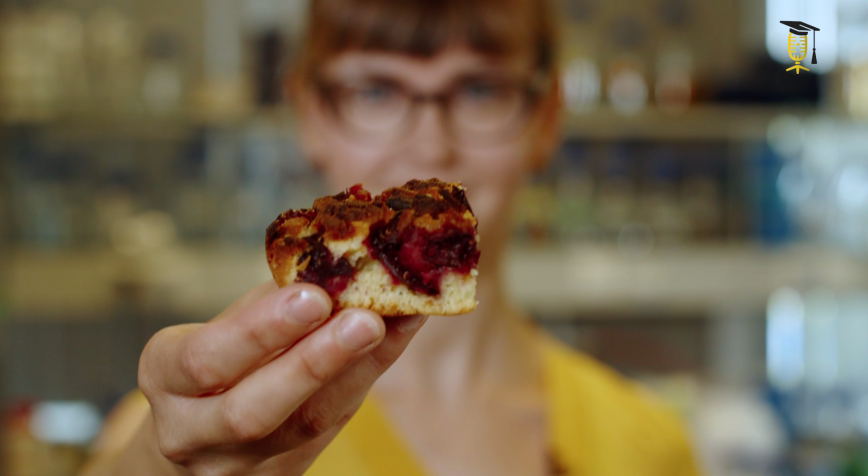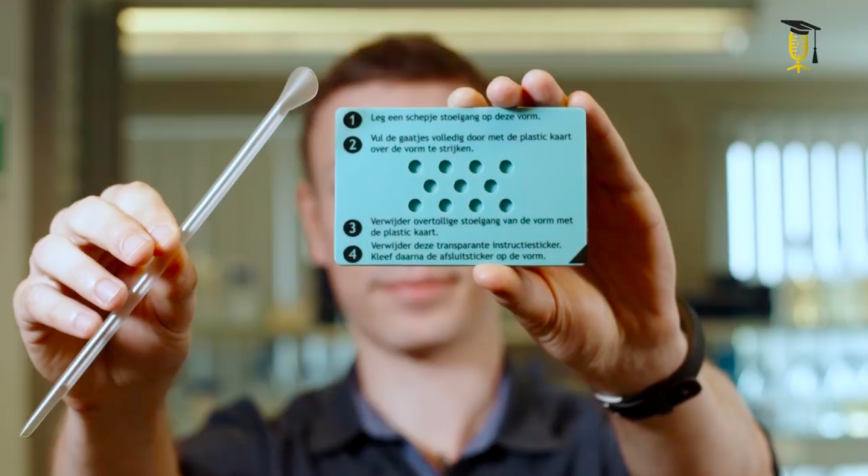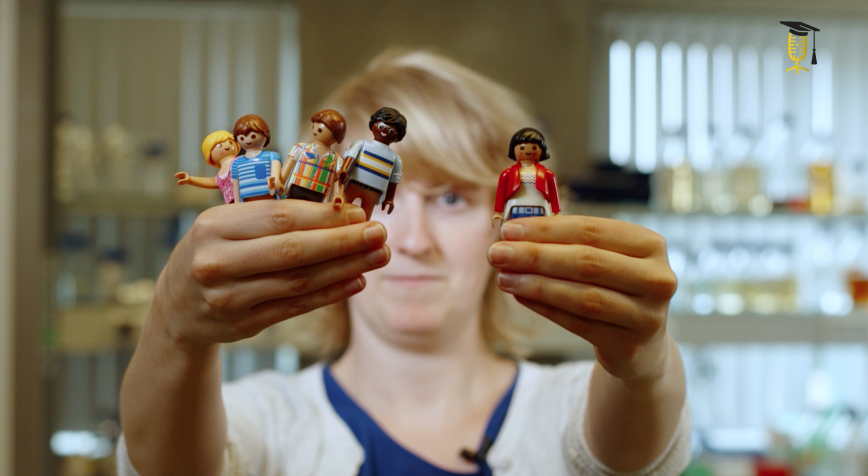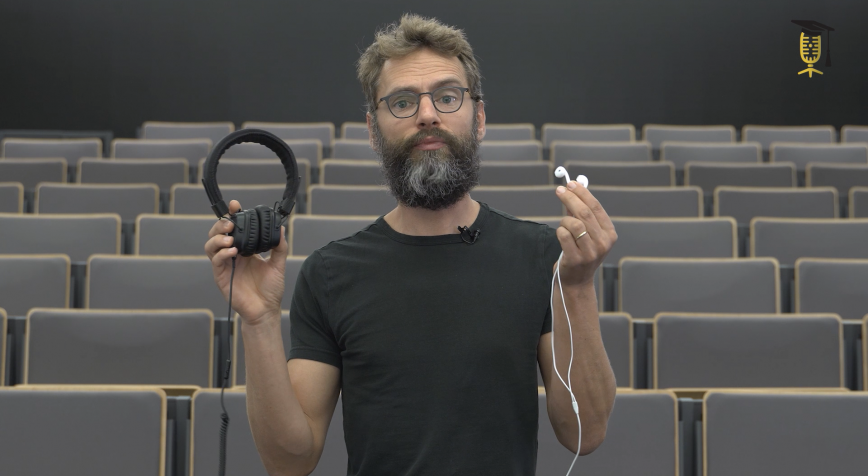
Arteveldehogeschool
Is my smartphone too loud?
Do you often listen to music with headphones or earphones? Then prick up your ears for the research of Tom De Neve (Arteveldehogeschool). He wants to make sure that you can listen to music safely, without damaging your hearing.
